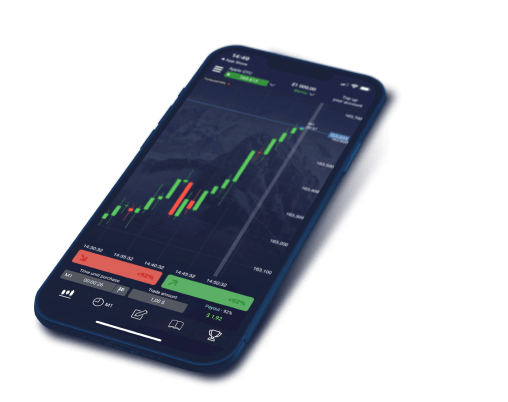
Pocket Option Halal: Is it Suitable for Muslim Traders?
If you’re a Muslim trader considering options trading, you may have come across the term Pocket Option Halal Pocket Option halal. This article aims to clarify what this term means, how it relates to Islamic finance principles, and what to look for when engaging with trading platforms.
Understanding Halal in Trading
In Islamic finance, the term “halal” refers to what is permissible according to Islamic law (Sharia). Therefore, for a trading platform or practice to be considered halal, it must adhere to specific principles that prevent activities deemed forbidden (haram). These principles impact how financial transactions are conducted, ensuring they are ethical and in line with religious teachings.
A critical aspect of halal trading involves avoiding elements such as:
- Riba (Usury): Any form of excessive interest on loans is strictly prohibited.
- Gharar (Uncertainty): Investments with excessive uncertainty or speculation are also forbidden.
- Investing in Forbidden Areas: This includes industries like alcohol, gambling, and pork, among others.
Pocket Option: Overview
Pocket Option is an online trading platform that allows users to trade various financial instruments, including forex, stocks, and commodities. Known for its user-friendly interface and accessibility, Pocket Option has become a popular choice among traders globally. However, for Muslim traders, it is essential to assess whether the services offered align with Islamic principles.
Is Pocket Option Halal?
Determining whether Pocket Option is halal involves analyzing its operational structure. The key concerns for Muslim traders include:
- Trading Instruments: Ensure that the instruments available for trading do not involve activities prohibited by Islamic law.
- Interest Charges: Verify whether the platform imposes any interest or swap fees, as these would render the trading non-halal.
- Transparency and Fair Play: Ensure that the platform operates transparently without manipulating prices or conditions to disadvantage traders.
Trading without Riba

If you want to trade legally without violating Islamic principles, it’s crucial to select trading options that do not involve usury. Pocket Option offers options trading, which, if structured correctly, can adhere to these principles. Here, the trader is essentially predicting the price movement, which may allow for a halal trading environment, provided there are no hidden fees or interest charges involved.
Understanding Gharar in Trading
Another critical issue is avoiding transactions laden with gharar or excessive uncertainty. Traders on Pocket Option should focus on using analytical tools and educational resources to make informed decisions rather than relying on speculation. This might involve studying market trends, historical data, and reliable news sources that can help mitigate risks.
Finding Halal Trading Platforms
When looking for a halal trading platform, consider the following criteria:
- Check if the platform is regulated by a reputable authority.
- Research if it provides a straightforward trading experience without excessive jargon.
- Look for educational resources or tools that support ethical trading practices.
- Ensure that the platform offers halal accounts that are free from riba and gharar.
While Pocket Option has gained substantial credibility in the trading community, it’s essential for Muslim traders to carry out due diligence and verify all terms directly from the platform’s official website or through customer support channels.
The Role of Education in Halal Trading
Educating oneself about the specifics of Islamic finance and trading can significantly enhance a trader’s experience. Many Muslim traders benefit from joining online forums or attending workshops focused on halal investing practices. This knowledge can also empower you to ask the right questions when consulting with trading platforms like Pocket Option.
Conclusion
In summary, whether Pocket Option is halal depends on its adherence to Islamic principles, particularly concerning riba and gharar. Traders considering the platform must thoroughly assess its features and functionalities. As with any financial decision, consult with a knowledgeable individual or financial advisor specializing in Islamic finance to ensure you make well-informed choices that align with your beliefs. The halal and haram distinctions in trading are significant in ensuring that your financial dealings are respectful of your faith.
Further Resources
Acquiring further insights into halal trading can be beneficial. Consider exploring books and online resources that focus on Islamic finance ethics, or reach out to financial advisors specializing in halal investment practices. This expanded learning can provide additional tools and knowledge to ensure that your trading journey adheres to your moral compass.